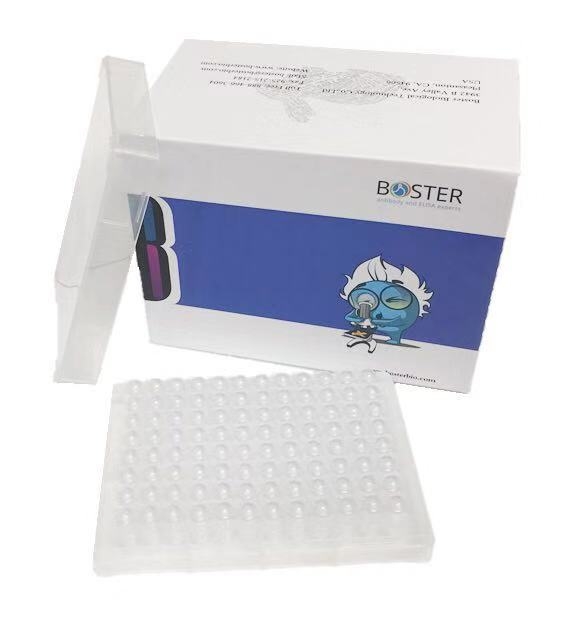Mesenchymal stem cells, also known as MSCs, are multipotent cells that can change into several cell types, including chondrocytes cells, osteoblasts (bone blocks), myocytes (muscle groups) and adipocytes (fat cells that contribute to marrow adipose series).
MSC are found in cattle (in-vivo) and have been studied also in tissue culture (in-vitro). Mesenchymal stem cells were found in the bone marrow and broadly distributed in the human body. You can search for ELISA protocols and Troubleshooting guide for high quality and reliable data via online sources.

Though mesenchymal stem cells from various tissues can meet up with the minimum criteria set by ISCT, there are still many studies that indicate some differences in MSCs derived from other tissues, mainly following in the proliferation rate, concealed cytokine profile, and immunomodulatory capacity.
The repair capacity for broken blocks of Mesenchymal stem cells operates through separating cytokines, reducing inflammation, reducing apoptosis in muscle cells, reducing fibrosis to be able to foster the proliferation of stem cells and parent cells of endogenous cells and organs, to get the effect of fixing organs and tissues, rather than through cells which differentiate into cells and organs.
Therefore, we'll concentrate on the differences of MSCs that originated from different tissues in the content, increase, immunomodulatory potential, and secretion of cytokine forms.
Differences in MSC articles from different cells
In line with the CFU-F experiments, bone marrow content of mononuclear cells values for approximately 0.001% to 0.01%, whereas placental amnion and cord MSC accounts for around 0.2% to 1.8% of mononuclear cells.
Additionally, studies have demonstrated that MSC content is as large as 80% -100% in mononuclear cells separated from amnion and umbilical cord nonetheless, only 8 percent of mononuclear cells separated from cord blood are MSCs.